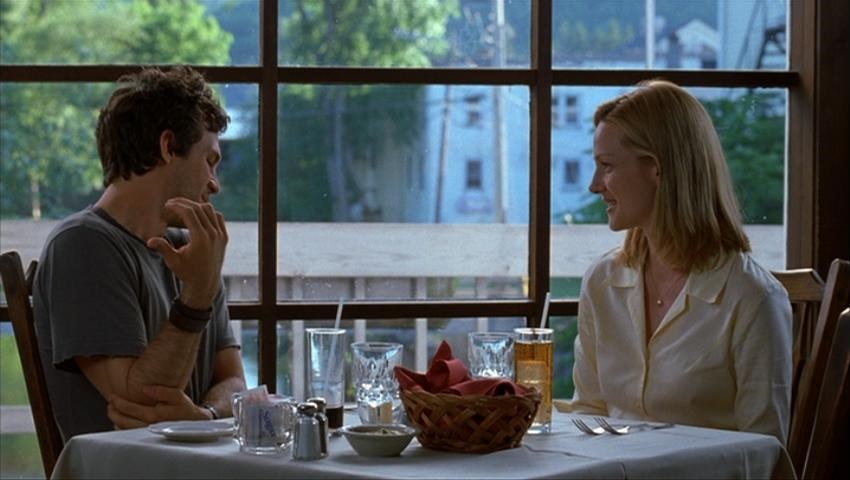| Academy Award Nominations: |
| Best Actress: Laura Linney |
| Best Original Screenplay: Kenneth Lonergan |
|
| Golden Globe Nominations: |
| Best Actress (Drama): Laura Linney |
| Best Screenplay: Kenneth Lonergan |
|
| Other Awards: |
| Sundance Film Festival: Grand Jury Prize (Drama; tie); Best Screenplay |
| Independent Spirit Awards: Best First Feature; Best Screenplay |
| New York Film Critics Circle: Best Actress (Linney); Best Screenplay |
| Los Angeles Film Critics Association: Best Screenplay; New Generation Award (Ruffalo) |
| National Society of Film Critics: Best Actress (Linney); Best Screenplay |
| Boston Society of Film Critics: Best New Filmmaker |
| National Board of Review: Special Achievement in Filmmaking (Lonergan) |

